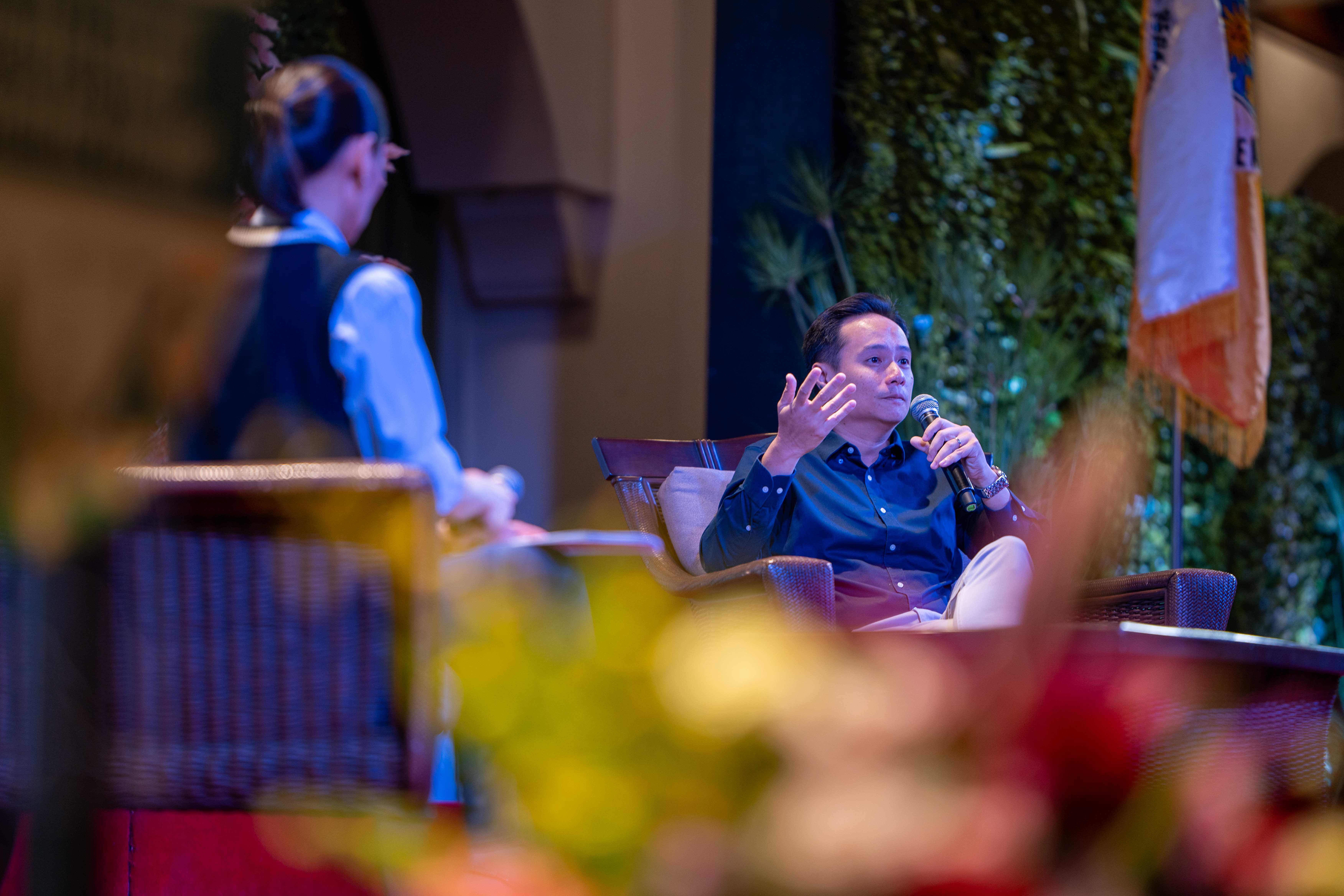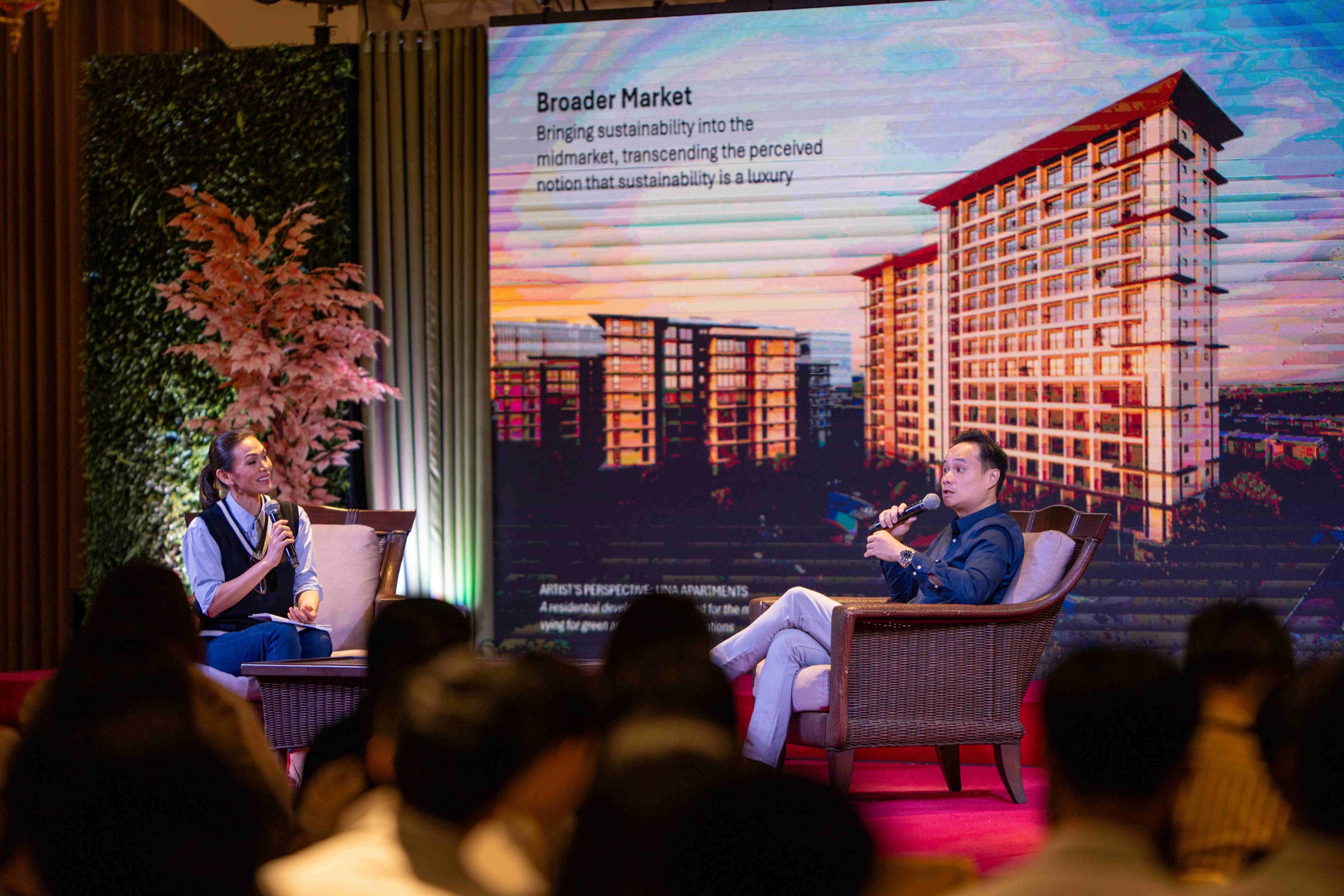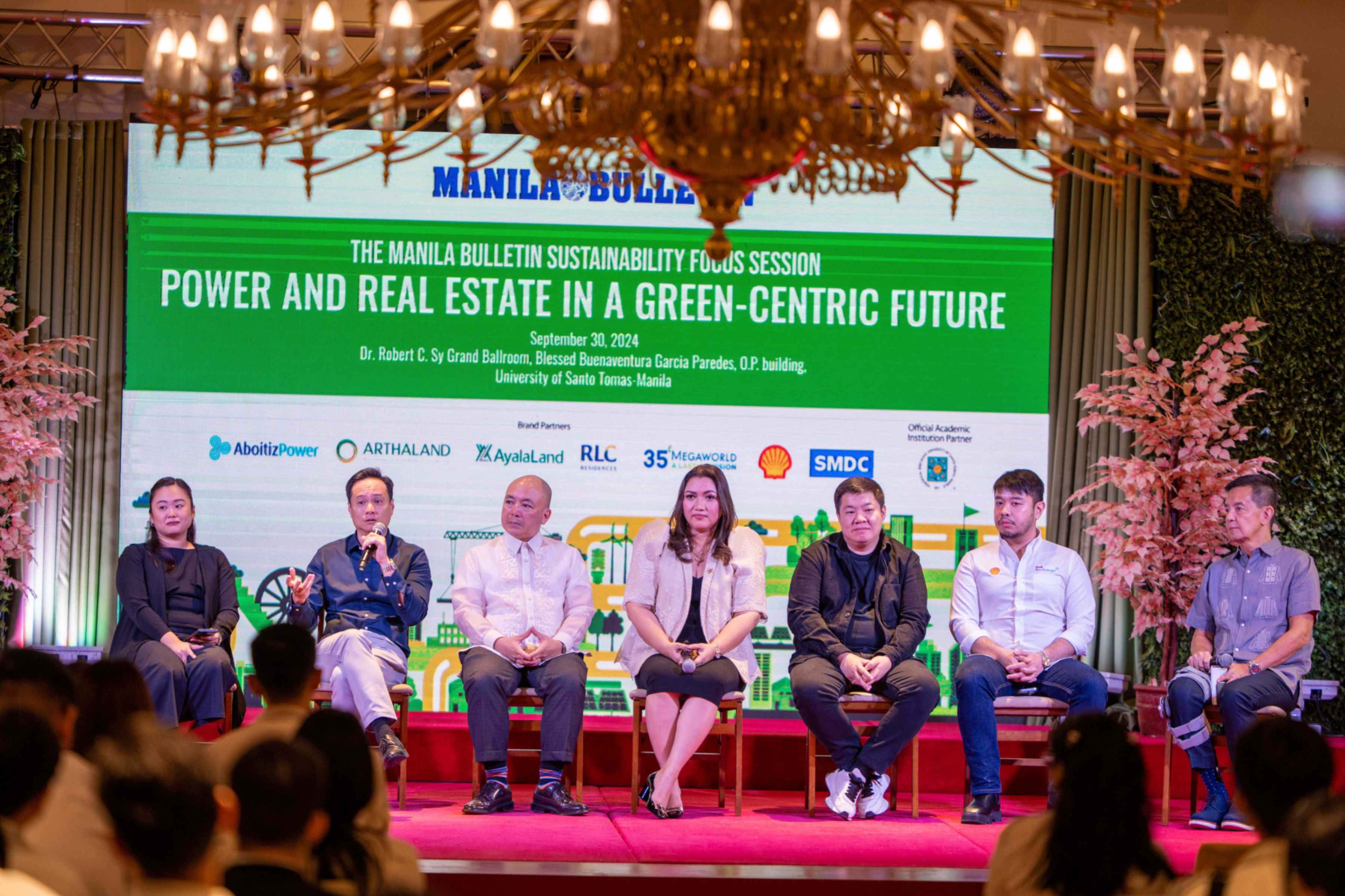Arthaland: Embracing sustainability to its core and beyond property development
Arthaland's sustainable programs go beyond their property developments

Since its inception in 2009, Arthaland has been committed to sustainability and has achieved a residential and commercial portfolio certified as 100 percent sustainable by local and global organizations.
In 2019, Arthaland Century Pacific Tower, its flagship office building, received the world's first EDGE Zero Carbon certification.
Arthaland’s Arya Residences is the first and only residential building in the country to receive dual certification in LEED Gold Certification and the 4-Star Berde Certification.
In 2020, Arthaland became the first in the Philippines and the first Asian property developer to sign the Net Zero Carbon Buildings Commitment (NZCBC) of the World Green Building Council (WorldGBC) and pledge its commitment to decarbonize property operations by 2030.
Due to its sustainable features, Arthaland projects have achieved 78 percent greenhouse gas reduction, 63 percent in renewable energy mix, 59 percent energy savings, and 58 percent water savings across its projects in 2022.
Arthaland’s net zero commitment is currently being reviewed by the Science Based Targets Initiative (SBTI) to ensure that its roadmap is aligned with Race to 2030, the 1.5°C challenge, aimed at preventing the severe impacts of climate change.
To be launched this year, Sevina Park’s retail complex will be the first to feature a bamboo hybrid construction system, an innovative solution to reduce carbon in its building components.

“So there are a lot of firsts, and going beyond that, we started to show sustainability is not just for those who can afford it,” said Oliver L. Chan, Arthaland senior vice president for sales operations and project marketing and chief sustainability officer. “Our project in Laguna is called Una Apartments because it is the first sustainable residential building for the broader mid-market segment, and it has all the same sustainable qualities as our high-end projects.”
From making headway in sustainable property developments, Arthaland also promotes corporate-wide sustainable practices to meet their SBTI goals. “Sustainability for us is not just about what we market to our clients. We have to show everyone how it is done at home and work,” emphasized Chan.
One example is the cup waste reduction program in their office building. “When we started last year, one in every four employees used disposable cups. After the program, one out of 89 employees brought paper cups, disposable cups, or PET bottles,” resulting in a 95 percent cup-waste reduction. “In January next year, no one is allowed to bring single-use cups in our BGC building,” he added.

Counting on collective effort beyond its quarters, Arthaland is at the forefront of initiating more conversations and engagements on sustainability, transcending to other companies, industries, and even countries.
“We are the founding members of the Net Zero Carbon Alliance. When we talk about a 1.5-degree challenge or net zero, we don’t just talk about our own industry. It should connect to other industries, not just in real estate. And now, we are close to 40 companies, and more are coming in, including Coca-Cola, Unilever, and Converge.”
As a member, Arthaland also takes an active role in the ESCAP Sustainable Business Network (ESBN). This platform convenes companies and relevant individuals to scale up business ambition and action in sustainability across the Asian and Pacific region.
“As the first Philippine company to join, we will help them push sustainability locally and in Asia Pacific. In the UN ESCAP, they talk about energy, finance, and circular economy, and Arthaland will be part of one of these task forces to push sustainability,” said Chan. “The goal is for us to discuss how to integrate innovation and technology and bring it toward our own country. We get to learn from countries like Thailand, Hong Kong, and Singapore.”

While deepening its grasp on sustainability, Arthaland continues to build its sustainable legacies and help mold future green builders. Such was the goal of the Arthaland Masterclass, an intensive training program developed to involve students and produce green building professionals. In partnership with National University (NU), the first batch of architectural students joined last year and are now involved in multi-national firms as sustainability consultants.
This year, NU students will be joined by their counterparts from Far Eastern University, Technical Institute of the Philippines, and Adamson University.
The Manila Bulletin Sustainability Focus Session was held in collaboration with Arthaland, AboitizPower, Ayala Land, Megaworld Hotels and Resorts, RLC Residences, SM Development Corporation (SMDC), Shell, and the University of Santo Tomas.